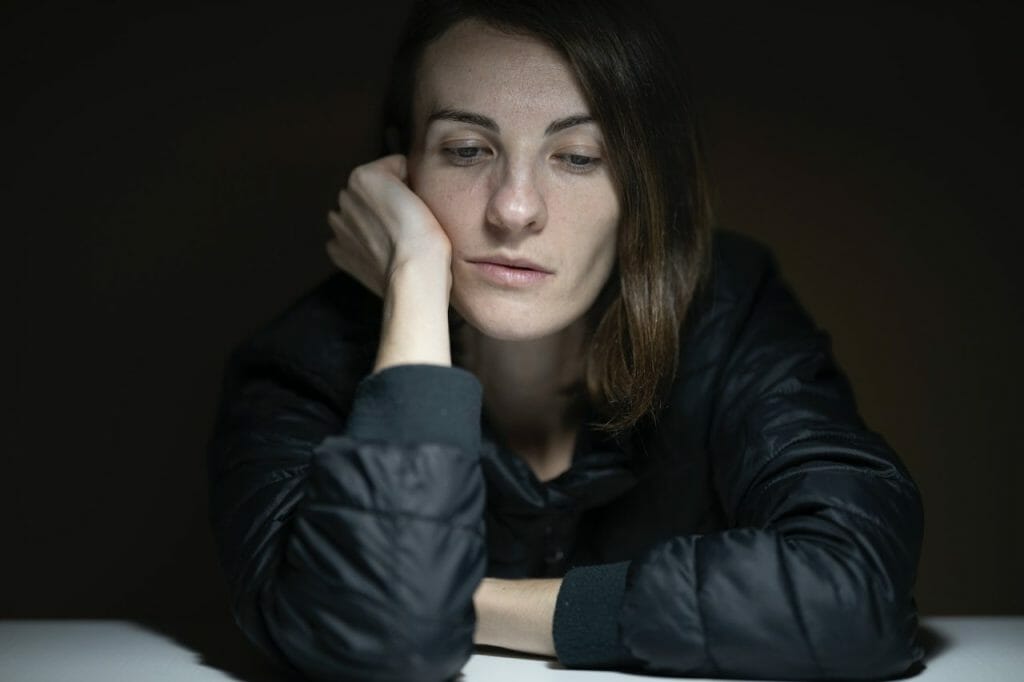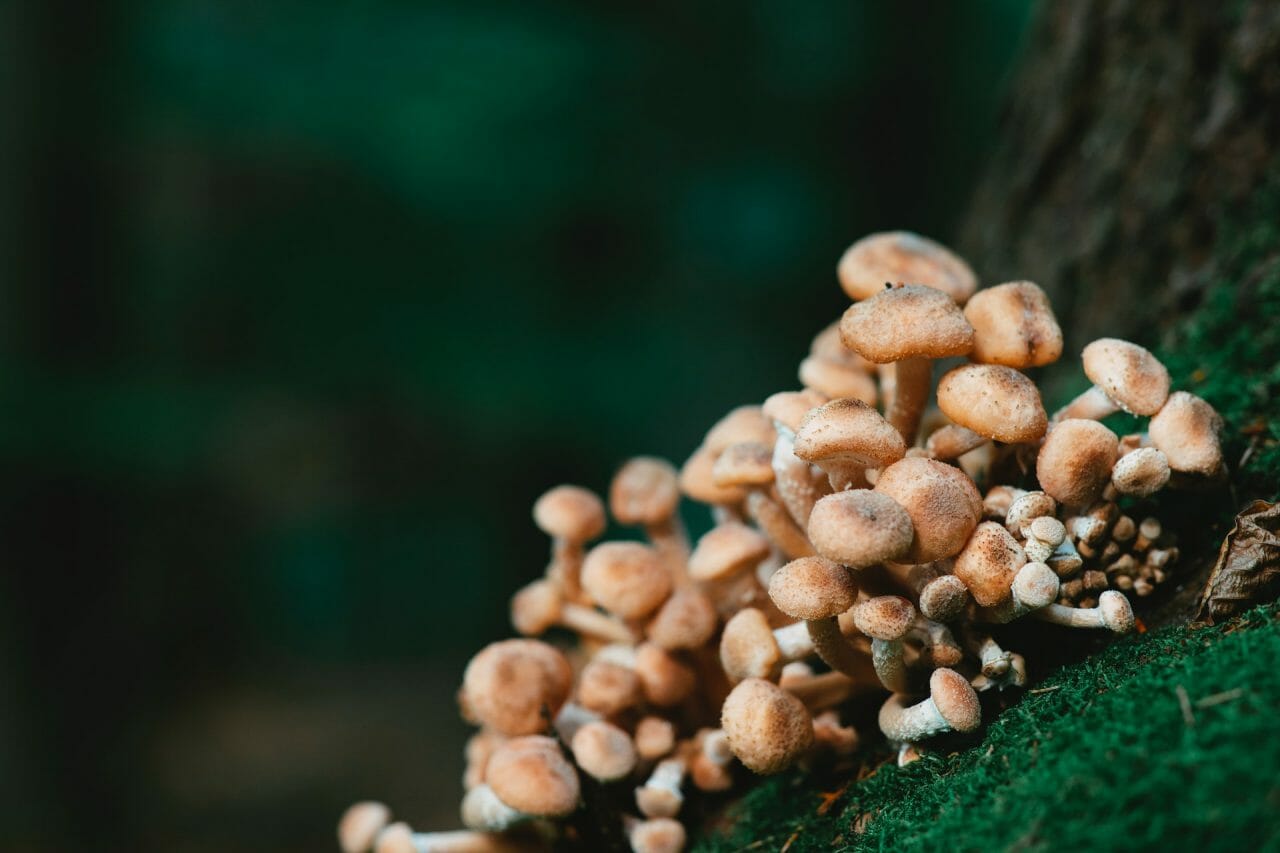The World Health Organization (WHO) reports that there are more than 264 million people suffering from depression worldwide.
Although conventional treatments can be beneficial, they often do not fully cater to depression’s complex nature, leading to a growing interest in alternative therapies. One emerging alternative therapy, attracting both scientific and popular attention, involves the use of mushrooms containing psilocybin, available from a mushroom dispensary, as a means to treat depression.
Let’s delve into the world of mushroom dispensaries, their contribution to depression therapy, and the compelling data that underscore their potential to revolutionize our approach to this crucial global mental health concern.
Key Takeaways:
- Mushroom dispensaries offer alternative treatments for depression using mushrooms rich in psilocybin.
- Studies suggest that psilocybin can lead to significant and enduring reductions in depression symptoms.
- Psilocybin therapy is part of a new trend transforming mental health care.

Understanding Psilocybin and its Therapeutic Potential
Psilocybin is a natural compound found in certain mushroom species, commonly known as “magic mushrooms.” When ingested, the body converts psilocybin into psilocin, which binds to the brain’s serotonin receptors, causing significant changes in perception, mood, and consciousness, typically associated with psilocybin intake.
Research exploring the potential of psilocybin as a treatment for depression has yielded significant findings. Clinical trials and studies suggest that a single, well-managed dose of psilocybin can lead to substantial reductions in symptoms of depression. Patients have reported profound and long-lasting improvements in their mental health and overall life quality.
These findings have triggered a surge in interest and investment in researching psilocybin as a unique alternative treatment for depression, especially for those who have not benefited from traditional therapies.
Encouraging Results for Depression Treatment with Magic Mushrooms
Dispensaries
Recognized as psilocybin-containing fungi, magic mushrooms are gaining attention for their possible role in alleviating depression symptoms. We will explore various types of these mushrooms and their potential antidepressant effects.
| Magic Mushroom Type | Description | Potential Depression-Relief Benefits |
| Golden Teacher | Noted for its golden cap, this is a favored psilocybin mushroom. | It can potentially reduce depressive symptoms and boost emotional health. This variety promotes introspection and self-exploration, potentially helping individuals gain new insights into their depression. Some users report a sense of unity and interconnection, which may counteract the isolation frequently associated with depression. |
| Psilocybe Cubensis | This is among the most common types of magic mushrooms. | It reportedly instigates positive changes in mood and outlook on life. It could enhance emotional resilience and help individuals confront their depression’s root causes. The altered state of consciousness it creates may enable users to break free from inflexible thought patterns and develop a more optimistic mindset. |
| B+ | Known for its large, bulbous fruiting bodies. | It may cause significant, long-term decreases in symptoms of depression. Users often report gaining better understanding and insight into their emotions and life circumstances. The therapeutic journey may assist in releasing suppressed emotions and trauma, providing relief from depression. |
| Liberty Cap | These are small, cone-shaped mushrooms found in various regions. | They’re known to provoke intense emotional experiences that could positively influence depression. During Liberty Cap experiences, users often report enhanced empathy and sensitivity, which can facilitate emotional healing and connection. The immersive and profound nature of the psychedelic journey may help individuals understand the root causes of their depression. |
| Penis Envy | Identifiable by its unique, phallic-like shape. | It’s associated with deep insights and changes in depressive thought patterns. Users frequently experience ego dissolution, which allows them to confront their depression without the usual identity restrictions. The intensity of the experience can lead to therapeutic breakthroughs, resulting in lasting improvements in mental health. |
| Blue Meanie | This is a powerful strain identifiable by its blue hue. | The Blue Meanie is believed to exert a soothing influence on the mind, potentially reducing symptoms of anxiety and depression. Users often describe reaching a state of inner peace and emotional release during their experiences with this strain, which may contribute to improved mental health. Renowned for its mild yet introspective nature, the Blue Meanie is particularly suited for individuals seeking a less intense psychedelic experience with therapeutic benefits. |
The Role of Magic Mushroom Dispensaries in Depression Therapy
Magic mushroom dispensaries, or shops, provide a controlled and regulated environment for people seeking potential therapeutic solutions for depression.
The Function of Health Canada
Health Canada, the federal agency in Canada, is responsible for ensuring the safety, effectiveness, and quality of therapeutic substances like psilocybin found in magic mushrooms.
Approval of Therapeutic Substances
Health Canada has recently granted exemptions and approvals for the use of psilocybin under specific clinical and research circumstances for particular medical conditions, including depression. This shift in policy indicates a growing recognition of the potential therapeutic benefits of psilocybin.
Potential Therapeutic Benefits
Magic mushroom stores present a potentially innovative and promising therapeutic route for individuals dealing with depression. With the appropriate authorization and under certain conditions, individuals can utilize psilocybin therapy to alleviate depression symptoms.
A Supervised and Regulated Environment
Magic mushroom dispensaries provide a controlled and supervised environment for those pursuing psilocybin therapy, ensuring the experience is conducted safely under the guidance of experienced professionals.
Compliance with Health Canada Guidelines
Dispensaries must adhere to Health Canada’s rules and guidelines when providing psilocybin-based products for therapeutic use. They play a crucial role in ensuring treatment is conducted responsibly and ethically.
Navigating Psilocybin Therapy at a Mushroom Shop
Undergoing psilocybin therapy at a mushroom shop can potentially be a transformative and beneficial experience. However, it’s essential
Approach this process with due diligence and prudence. Here are some guidelines to help you navigate it:
- Conduct In-Depth Research: Initiate with an extensive research on the topic of psilocybin therapy, as well as the specific mushroom store you intend to patronize.
- Seek Professional Guidance: Before embarking on psilocybin therapy, consult with a mental health professional or a therapist experienced in psychedelic-assisted treatments. They can assess your suitability for such treatments and provide invaluable guidance.
- Choose a Credible Store: Look for customer reviews, testimonials, and evidence of compliance with local regulations.
- Understand the Procedure: Familiarize yourself with the entire therapy process, from preparation to the psychedelic experience, and the subsequent post-session integration. Knowing what to expect can reduce apprehension and enhance the therapeutic outcome.
- Prepare Mentally and Emotionally: Prepare yourself mentally and emotionally for the journey. Set clear goals for your therapy session, and be ready to confront any challenging emotions or thoughts that may arise.
- Ensure a Safe Environment: Ensure that the mushroom store provides a secure and comfortable environment for your therapy session. This should include appropriate lighting, music, and the presence of trained facilitators who can assist you if needed.
- Follow Dosage Guidelines: Adhere to the dosage recommendations given by the mushroom store or your healthcare provider. Avoid self-medication or ingestion of unidentified substances as this can pose a risk.
Conclusion
Mushroom stores offering psilocybin therapy have emerged as a promising alternative for treating depression. Even though the legal and regulatory environment varies, growing research and firsthand accounts highlight their ability to alleviate depressive symptoms and provide new perspectives on mental health.
As the field of psychedelic-assisted therapy continues to grow, the role of mushroom stores in reshaping the landscape of depression treatment offers hope for those seeking innovative approaches to mental health.
Frequently Asked Questions
How do I find a reliable mushroom store for depression treatment?
To find a reliable mushroom store, thorough research is essential. Look for stores that follow local regulations and safety protocols. Consult with
Seek advice from healthcare specialists or individuals who have had productive experiences with these treatments. Validate the dispensary’s credentials, which should include the facilitators’ qualifications and compliance with ethical standards.
What is the longevity of the therapeutic effects of psilocybin therapy in treating depression?
The duration of therapeutic effects from psilocybin therapy varies significantly among individuals. Some may experience immediate relief, while others may notice gradual improvements. Research suggests that the benefits may last several weeks to months following a single session. However, the duration of these effects may also depend on the integration and ongoing support.
Is psilocybin therapy a standalone treatment for depression, or is it used in conjunction with other therapies?
Psilocybin therapy is often incorporated into a holistic depression treatment plan. It can be combined with conventional therapies such as psychotherapy, counselling, or medication to enhance its efficacy. The choice of treatment methods should be customized to the individual’s needs and be under the guidance of healthcare professionals.
What other magic mushroom products are available for the treatment of depression?
Apart from traditional magic mushrooms, other magic mushroom products for depression treatment include psilocybin microdosing capsules, psilocybin-infused edibles like chocolates or gummies, liquid extracts or tinctures, and psilocybin nasal sprays. These varied psilocybin delivery methods provide an array of dosing options and administration methods, including precise microdosing for subtle mood enhancement.
Related Article:





